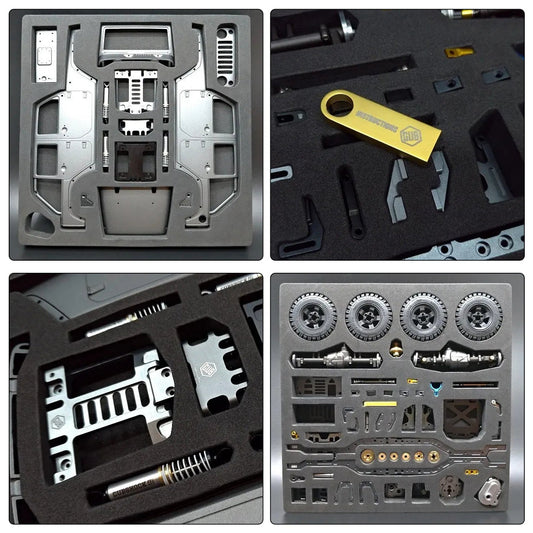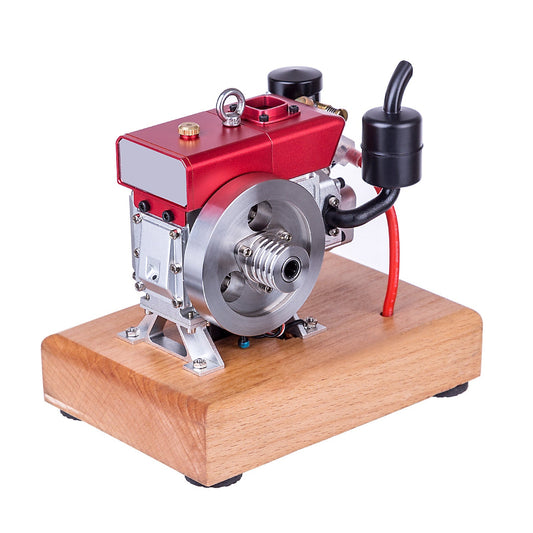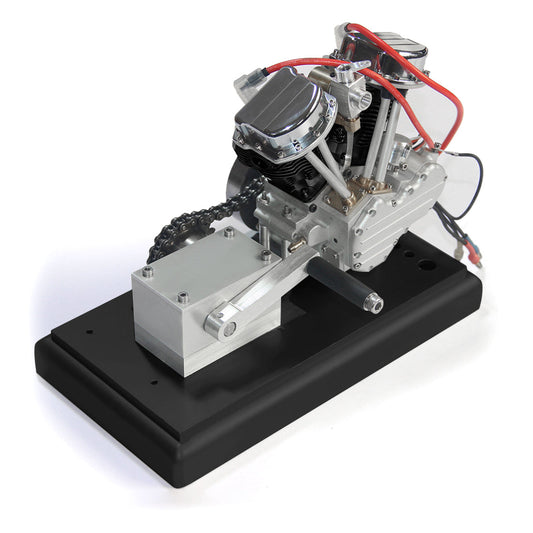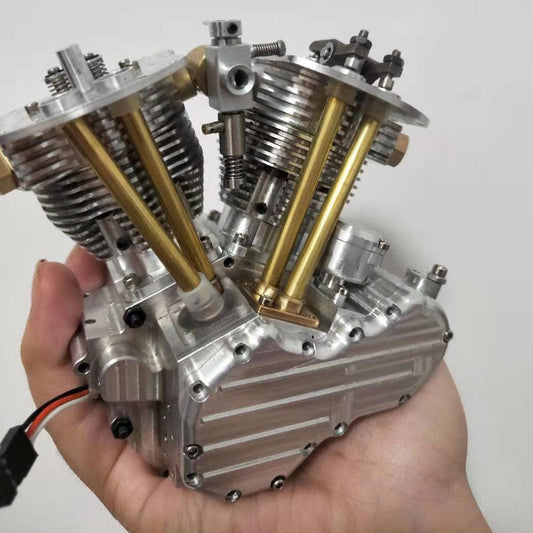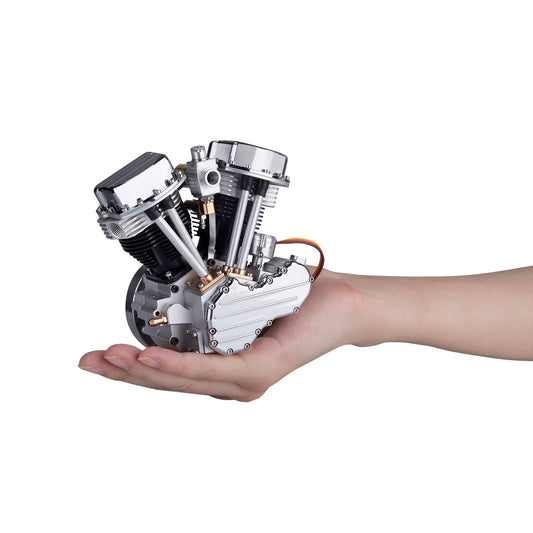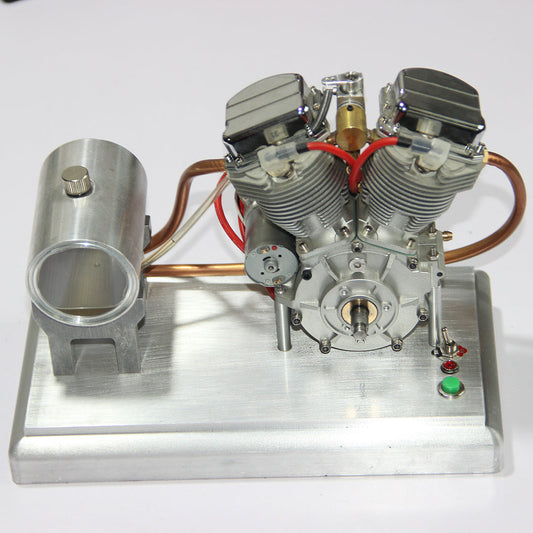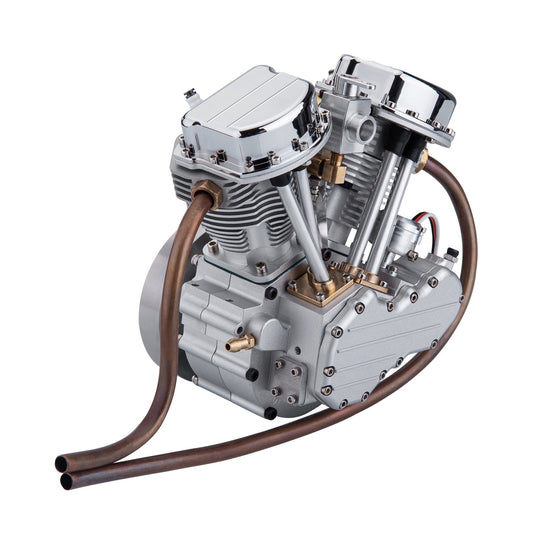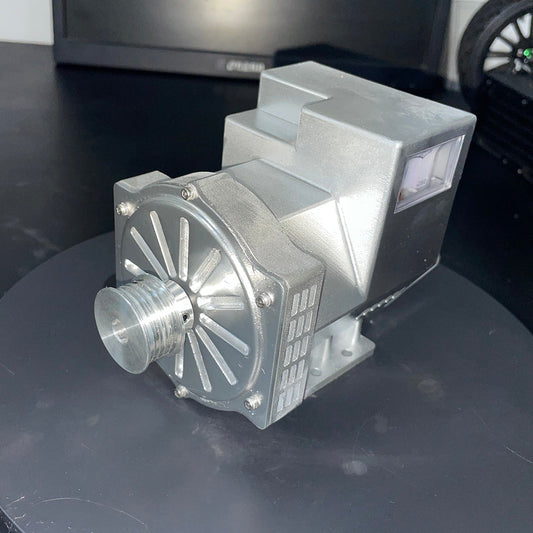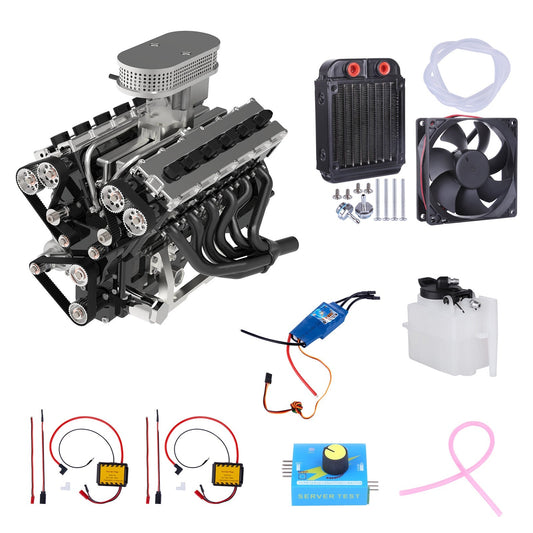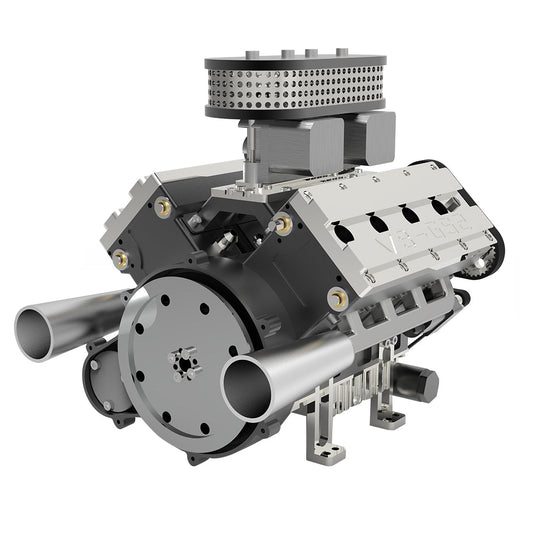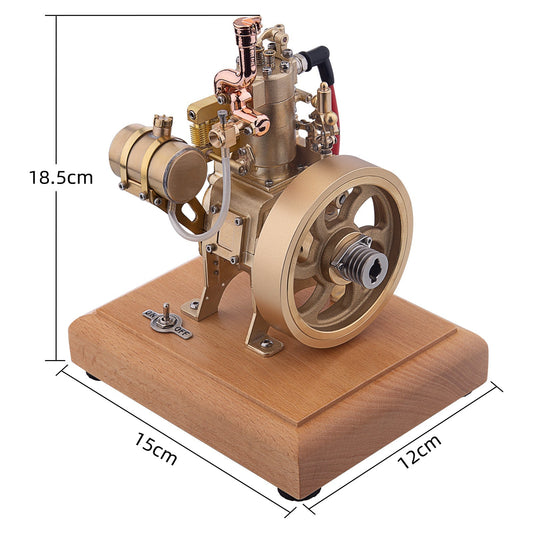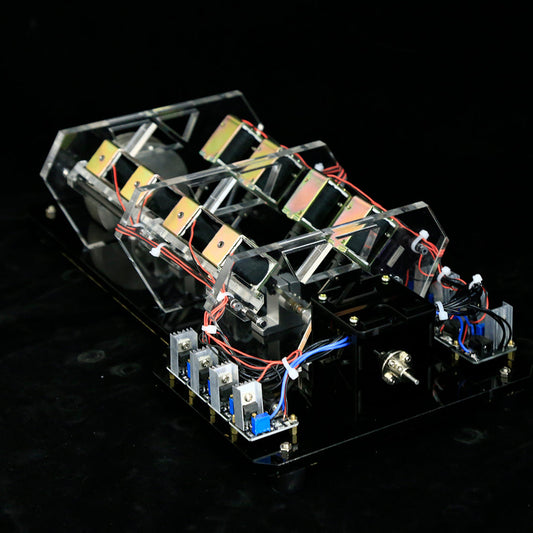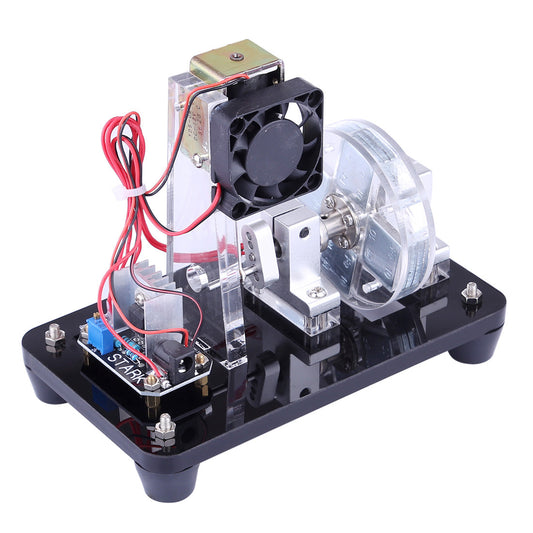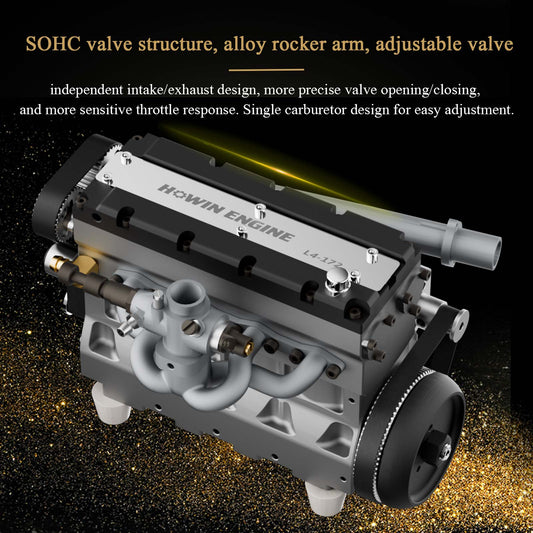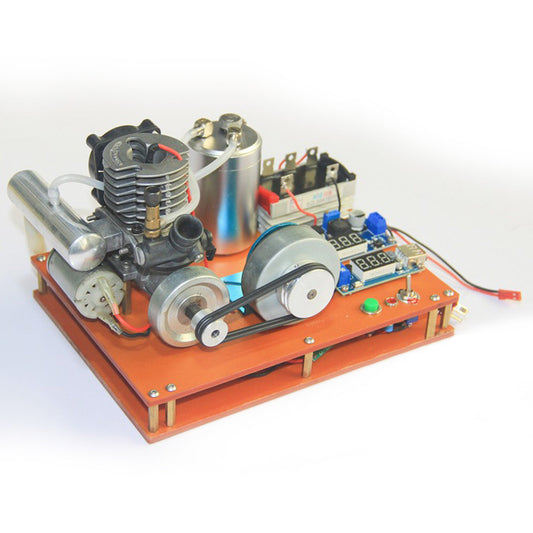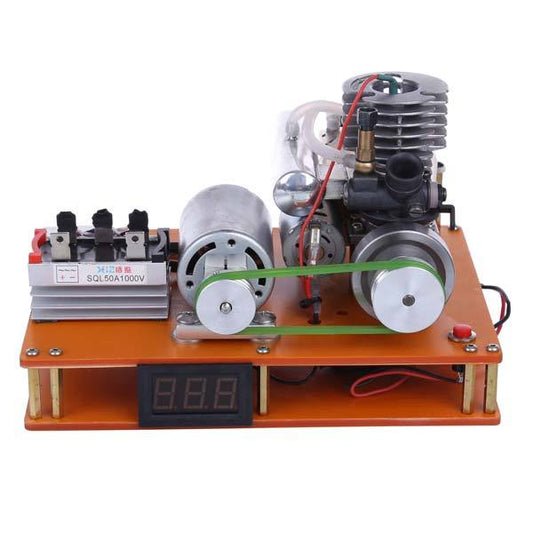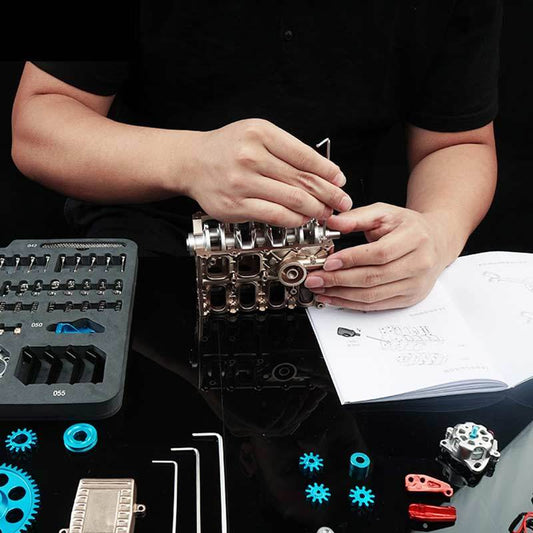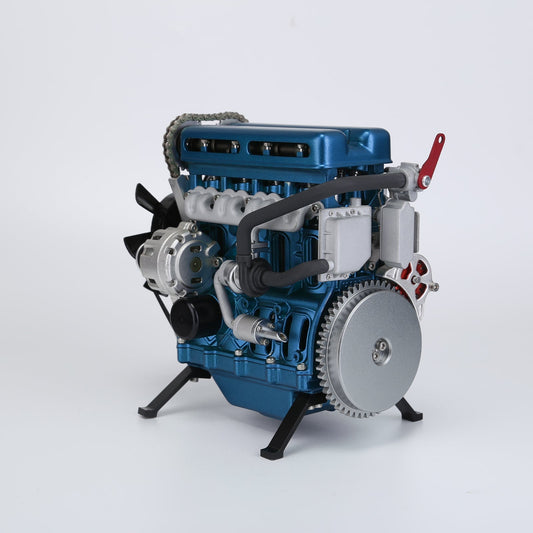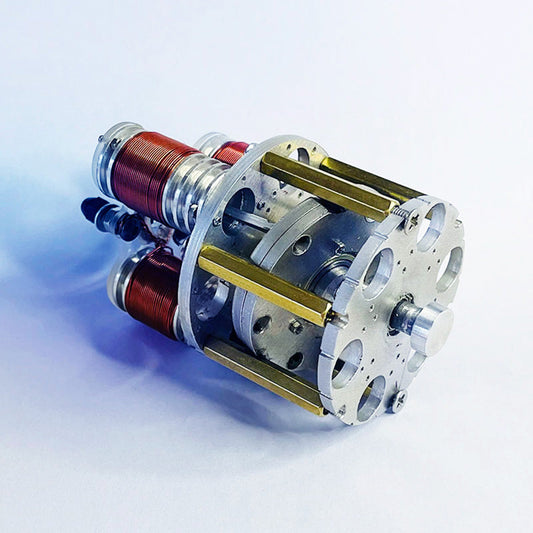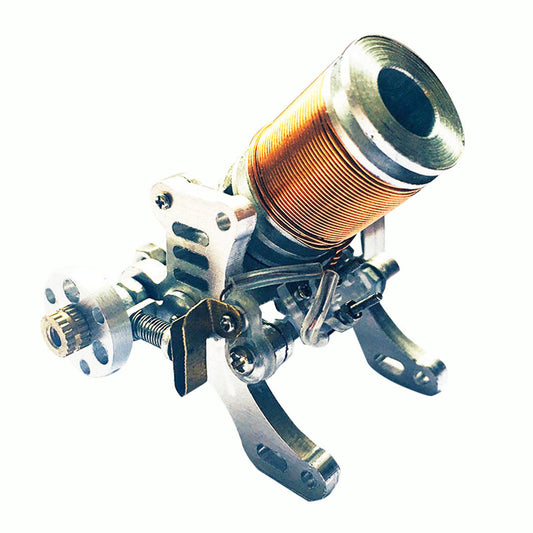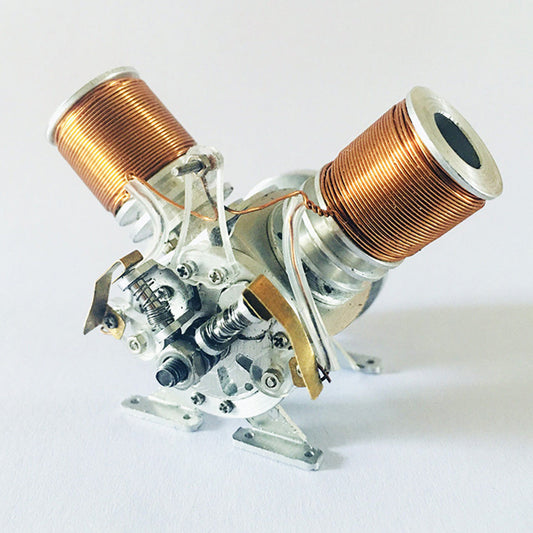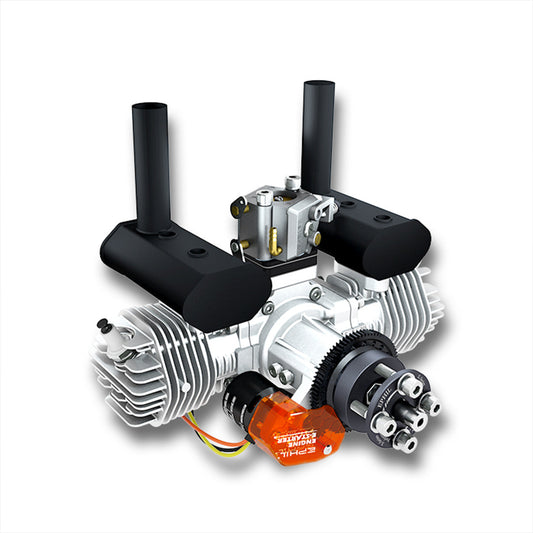Collection: E-Motors
An "E-Motors engine" could refer to several different types of electric motors used in various applications. Electric motors are devices that convert electrical energy into mechanical energy and are widely used across multiple industries, including automotive, manufacturing, household appliances, and more.
Here are a few types of electric motors that could be referred to as "E-Motors":
AC Motors (Alternating Current Motors): These motors operate on alternating current and come in different types, such as induction motors, synchronous motors, and brushless AC motors. AC motors are commonly found in household appliances, industrial machinery, and HVAC systems.
DC Motors (Direct Current Motors): These motors use direct current to function and are applied in a wide range of industries, such as electric vehicles, robotics, and conveyor systems. DC motors can be found in configurations like brushed DC motors and brushless DC motors.
Brushless Motors: These motors, whether AC or DC, lack the brushes and commutators found in traditional motors. Brushless motors are more efficient, have higher power density, and require less maintenance, making them ideal for applications such as electric vehicles, drones, and power tools.
Electric Vehicle Motors: With the rise of electric vehicles (EVs), specialized electric motors designed for automotive applications are becoming increasingly important. These motors are compact, efficient, and provide sufficient torque and power to drive vehicles effectively.
Industrial Motors: Electric motors in industrial settings are specialized to power machinery such as conveyor belts, pumps, compressors, and more. These motors are built to withstand demanding environments and heavy usage.
Stepper Motors: Stepper motors are used in applications requiring precise control over rotation, such as in CNC machines, 3D printers, and robotics. These motors move in discrete steps, making them ideal for tasks that demand precise positioning.
It’s worth noting that the term "E-Motors engine" could also be used in reference to an electric motor in hybrid or electric vehicles. While electric vehicles technically don’t have internal combustion engines, the term "engine" is often colloquially used to describe the vehicle’s propulsion system.
For more information or inquiries, feel free to contact us at support@diyengmod.com.
Visit our website at www.diyengmod.com for more details!
-
CAPO CUB2 1/18 Metal 4WD Electric Off-road Climbing RC Car Model Kit
Regular price $8,470.14Regular price -
CISON 3.5cc Mini Evaporative Cooled 4-Stroke Gasoline Engine Model with High Simulation and Adjustable Speed
Regular price $4,764.41Regular price$5,293.80Sale price $4,764.41Sale -
CISON FG-9VT 9cc V-Twin Gasoline Engine with Enhanced Kick Starter Kit and Base - DIY Engineering Modification
Regular price $9,528.92Regular price -
CISON FG-VT9 9cc V-Twin Dual Cylinder 4-Stroke Gasoline Engine for Motorcycle RC Models
Regular price From $6,352.58Regular price -
CISON FG-VT9 9cc Dual Black Cylinder V-Twin 4-Stroke Air-Cooled Motorcycle Engine with Electric Drill Starter
Regular price $6,352.58Regular price -
CISON FG-VT9 V-Twin 9cc 4-Stroke Air-Cooled RC Gasoline Engine with Original Parts
Regular price $9,528.92Regular price -
CISON V-Twin 2-Cylinder 4-Stroke Gasoline Engine Model - Panhead & Shovelhead Series for Motorcycle Enthusiasts
Regular price From $6,352.58Regular price -
Compact 60W DC Generator Engine Kit for DIY Steam and Internal Combustion Modifications
Regular price $1,164.55Regular price -
ENJOMOR GS-V12 72CC DOHC V12 Engine – High-Performance Water-Cooled Gasoline Engine Model with Electric Start
Regular price From $34,939.65Regular price -
ENJOMOR GS-V8 78CC DOHC Gasoline V8 Engine Model with Starter Kit - DIY Engine Build
Regular price $31,233.92Regular price -
H73 2.6cc Vertical Single Cylinder 4-Stroke OHV Gas Engine Model with Governor - Mini Water-Cooled Internal Combustion Engine
Regular price $4,235.02Regular price$5,082.04Sale price $4,235.02Sale -
High Efficiency 8-Coil Electromagnet Engine Model for DIY Physical Experiments
Regular price $2,540.97Regular price -
High-Efficiency Electromagnet Motor Model for Educational Experiments
Regular price $741.04Regular price -
High-Efficiency 6-Coil Electromagnet Engine Model for Physical Experiments
Regular price $1,693.94Regular price -
HOWIN L4-172 17.2cc SOHC Inline 4 Cylinder Nitro Engine Model for RC Cars and Boats
Regular price $7,411.36Regular price$10,587.70Sale price $7,411.36Sale -
Level 15 DIY Methanol Mini Engine Generator Set with One-Key Start and 12V DC Output
Regular price $2,435.09Regular price -
Low Voltage Methanol Motor Electric Generator Kit - 100-500V Power Solution
Regular price $1,905.70Regular price -
Metal 4-Cylinder V4 Car Engine Assembly Kit - DIY Model Building Experience
Regular price From $4,976.16Regular price$0.00Sale price From $4,976.16 -
Metal Four-Cylinder Engine Assembly Kit - DIY Electric Car Engine Model
Regular price From $4,976.16Regular price -
Mini Duke 3-Cylinder Swashplate Engine Model - Brushless Electromagnetic Motor Technology Toy
Regular price $1,588.06Regular price -
Mini Metal Electromagnetic Engine Cannon Model for Physics Experimentation (Operable, 6-12V)
Regular price $688.10Regular price -
Mini Metal V2 Electromagnetic Engine Model - Operable Physics Experiment Toy (6-12V)
Regular price $1,058.67Regular price -
EPHIL XG-40cc-T High-Performance Twin-Cylinder Gas Engine for Fixed-Wing Model Aircraft
Regular price From $4,870.28Regular price


